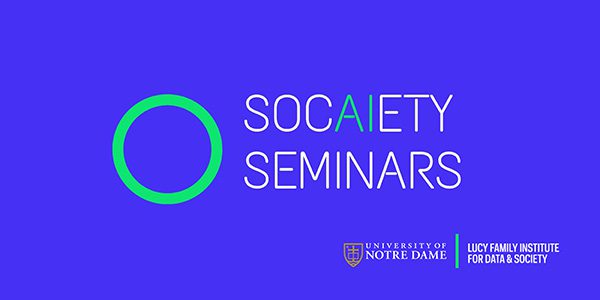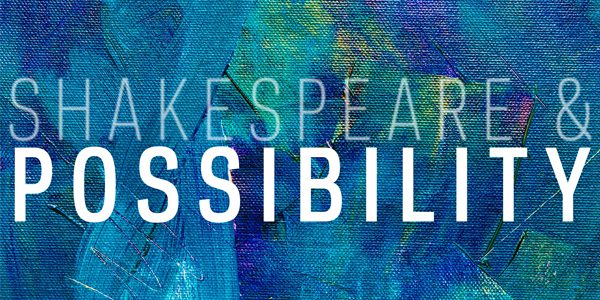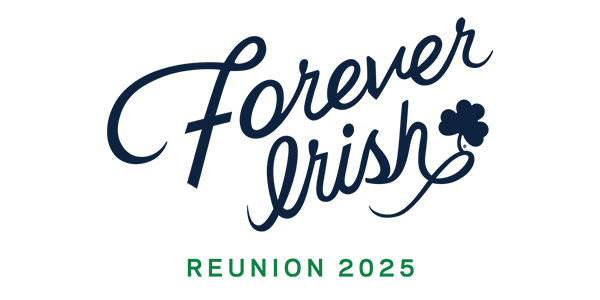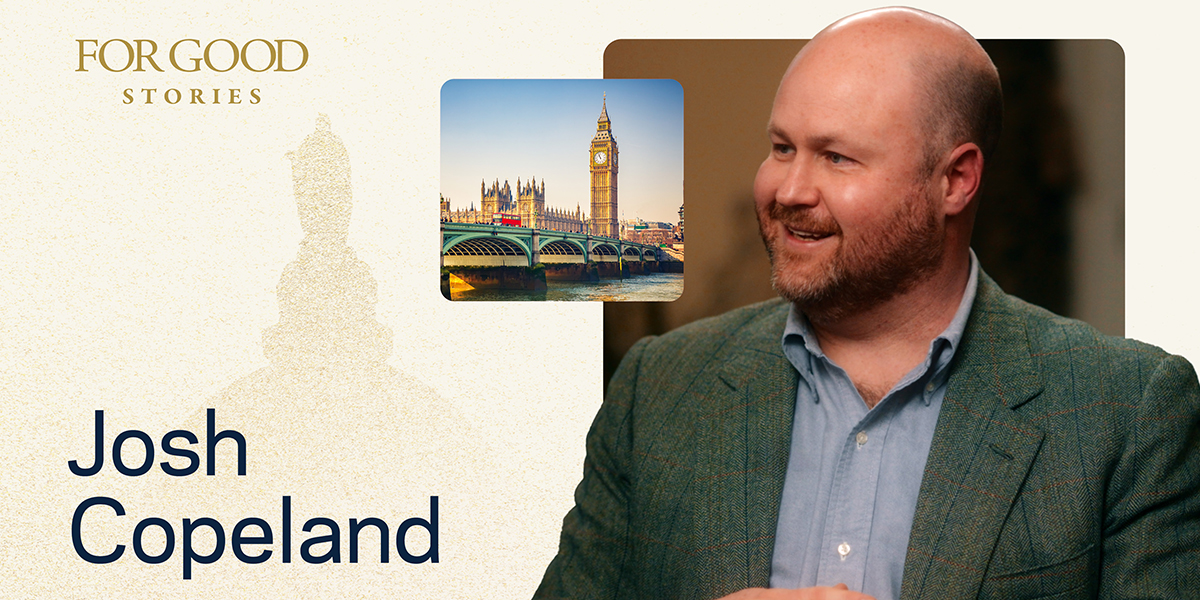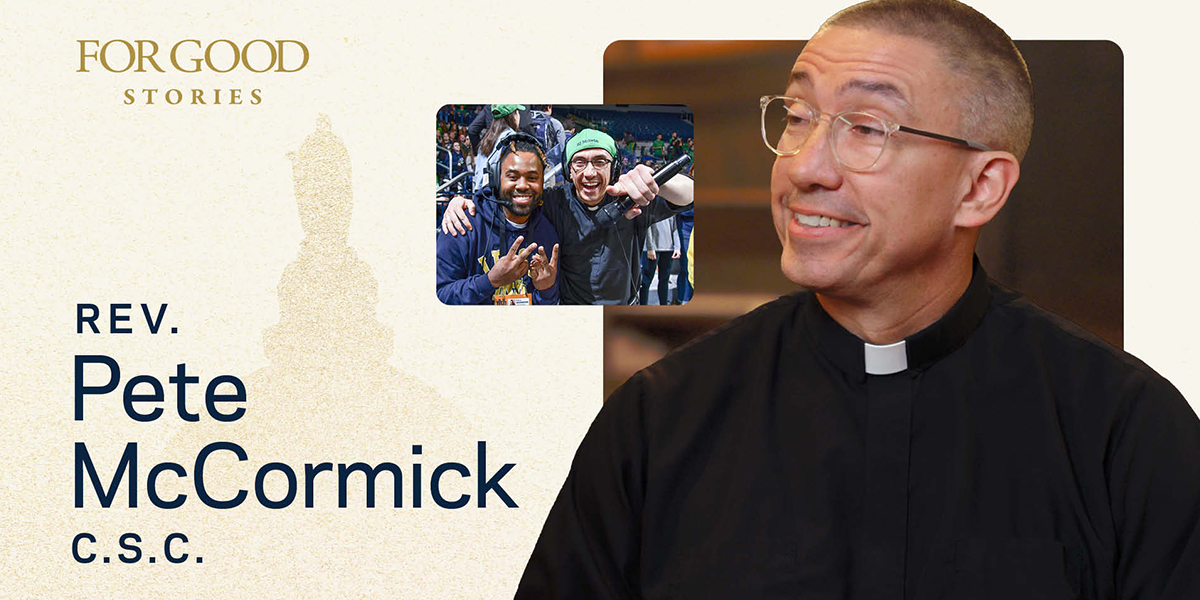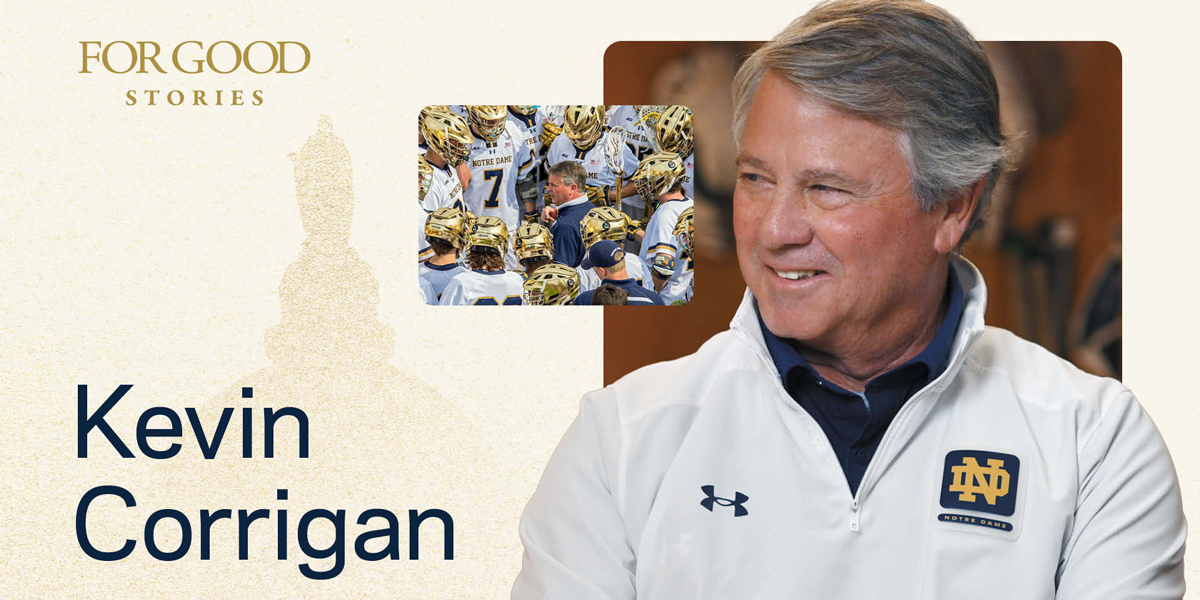The first session of the London Book Club series London in Song opened with an introduction by Dolly Duffy, Executive Director of the Notre Dame Alumni Association. After a brief explanation of ThinkND, the platform on which the series is hosted, Duffy introduced Rev. Jim Lies C.S.C., Senior Director for Academic Initiatives and Partnerships for the Notre Dame London Global Gateway and moderator for the event. Fr. Lies, after thanking the event sponsors, began with a simple explanation of the structure of the London Book Club for the following four weeks, explaining how the group will be analyzing a new song each week that pertains to the history of London. Each week, the group will hear analysis from Ian Newman, an Assistant Professor in the Notre Dame English Department.
Newman began with a quick overview of his approach to this program. As the group is learning about these songs, he wants to focus on a few key discussion questions: What can a song tell us about a place? How has this song been used? And how might a song expose aspects of history we might otherwise overlook? Especially in the pandemic, song is a very important medium as it has a way of bringing people together and creating a sense of community.
To kick off the London in Song series, Newman chose the song “Jack Hall,” sometimes also known as “Sam Hall.” Jack Hall was a real historical figure, a criminal who was hung at Tyburn in the early eighteenth century. At the time of his hanging, it was common for the town to hold what was called a Tyburn Fair celebration, which was essentially a parade through town as the criminal was transported from the jail to the gallows. These parades, once meant as somber warnings to the town of what would happen to those who misbehaved, turned into riotous celebrations as the townspeople often sided with the criminals. It was from these events that songs such as “Jack Hall” arose. That song specifically circulated through the years until it found its way to W.G. Ross who changed the name to “Sam Hall.”
Following a brief explanation of the history of the song, Newman played two different versions of the song for the group, one by Johnny Cash and the other by The Dubliners. Following these recordings, the group was split up into breakout rooms to discuss some questions Newman had posed: What differences do you notice between the songs? Should these two songs still be regarded as one song? How much of the history seems to still carry through to these songs now in the 20th century? The breakout rooms gave the audience time to digest the recordings they had heard and come up with any questions they would like to ask Newman during the open Q&A portion of the event. These questions were as follows:
- Question 1: Is Francis Place’s ballad collection able to view online?
- Question 2: Does the Dubliners version of the song comment on tension between Britain and Ireland in any way? Why did they switch it to first-person?
- Question 3: Did Johnny Cash write the lyrics? Maybe because he spent some time in jail and related to the story
- Question 4: Why are criminals celebrated in this way? Can you speak about how the changing musical elements affect the impact of the songs?
- Question 5: How popular was it for these types of ballads to be influenced by sacred music during this time period?
- Question 6: What’s the earliest known recording? Why do you think the song’s protagonist shifts from Jack to Sam?
Lastly, Fr. Lies closed out the meeting by directing the audience to the website to view the materials for next week. He also introduced the guest speaker for next week and opened community circles for those who would like to stay for extra discussion.
Visit the event page for more.


